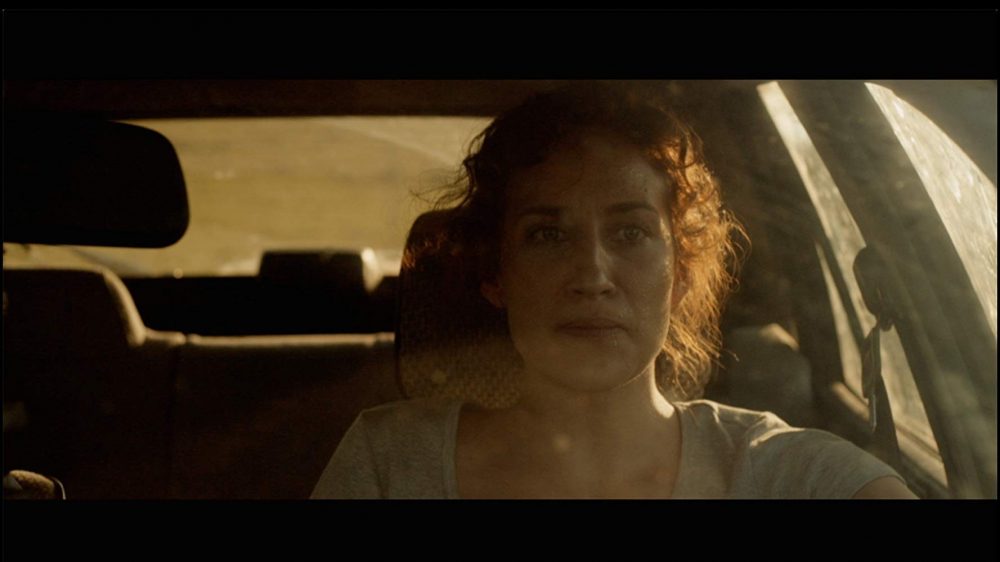Sydney based filmmaker Jessica Flood is the writer-director of an exciting new film called QUPID.
The idea for the film stemmed from the abhorrent practice of Reparative Therapy.
We ask Jessica about her film, and the abhorrent practice of Reparative Therapy in Australia and the USA.
Tell us a bit about your film QUPID, and where the idea for it came from.
QUPID is a short film with a simple message: you can’t force love. The lead character Roo has been kidnapped by Quentin, who has developed what he believes to be a cure to heartbreak.
Or perhaps it should be seen as an immunisation. Injected into a logically matched couple, it generates the missing romantic chemistry, the key ingredient. It was a fairly organic writing process, and initially it was all about reinventing Cupid. It went from just rewriting Hallmark’s cherub, modernising the Valentine’s Day icon, to being a fable about correctional centres – places where people with “same-sex attraction” are “healed”.
What’s it like being a female filmmaker in such a male dominated field? How important is it to be represented and acknowledged?
On launching the fundraising campaign for QUPID on Pozible.com, I was pretty surprised by the “feedback” we were getting from some parties. This included people asking if there were “any blokes involved?” and that if not, it will be a true “chick flick”.
After all, all key creative roles are occupied by women. I doubt if they were all filled by guys that that would have been raised… When I gave the script to another filmmaker to read, he asked if he was meant to like Roo?
Apparently she is too “aggressive”, attributing this largely to her lack of “fear”. This film is an action-thriller under 15 minutes and Roo is a tough, smart, kickarse character (think Ripley from Alien). She’s the kind of woman I’d fall head over heels for, so yes she’s bloody likeable!
I was pretty upfront with him: “Would you have asked the same question if she was a man?” This kind of thinking, sadly, is pretty rampant throughout the industry. But that’s fine, we’re not afraid of a challenge and I think this film is a testament to that.
How common is Reparative Therapy in Australia? And in the USA?
Around 10 different organisations are running Reparative Therapy around Australia at the moment, I believe. Most are religious based. It is a psychologically detrimental practice, one that should be made illegal.
I myself have not had any brushes with Reparative Therapy, but as a teenager certainly had a hard time coming to grips with my own sexuality, as I was baptised a Catholic and attended a Catholic primary school and high school. I was lucky though, in that I had a very loving and accepting family, friends, and teachers.
Nonetheless though, it was a struggle in even those circumstances. I cannot even begin to imagine the pain that Reparative Therapy would cause someone. I believe human beings are sexual beings, and denying that part of ourselves, regardless of who we love, is incredibly damaging. It’s a form of self-harm.
Have you seen the film But I’m a Cheerleader?
… It is certainly where I first heard about correctional therapies. For quite some time I thought it was only in other countries, that Australia did not have anything of the kind. It’s frightening to learn otherwise, especially when some of those people helping to “cure” others also “suffer from same-sex attraction”.
